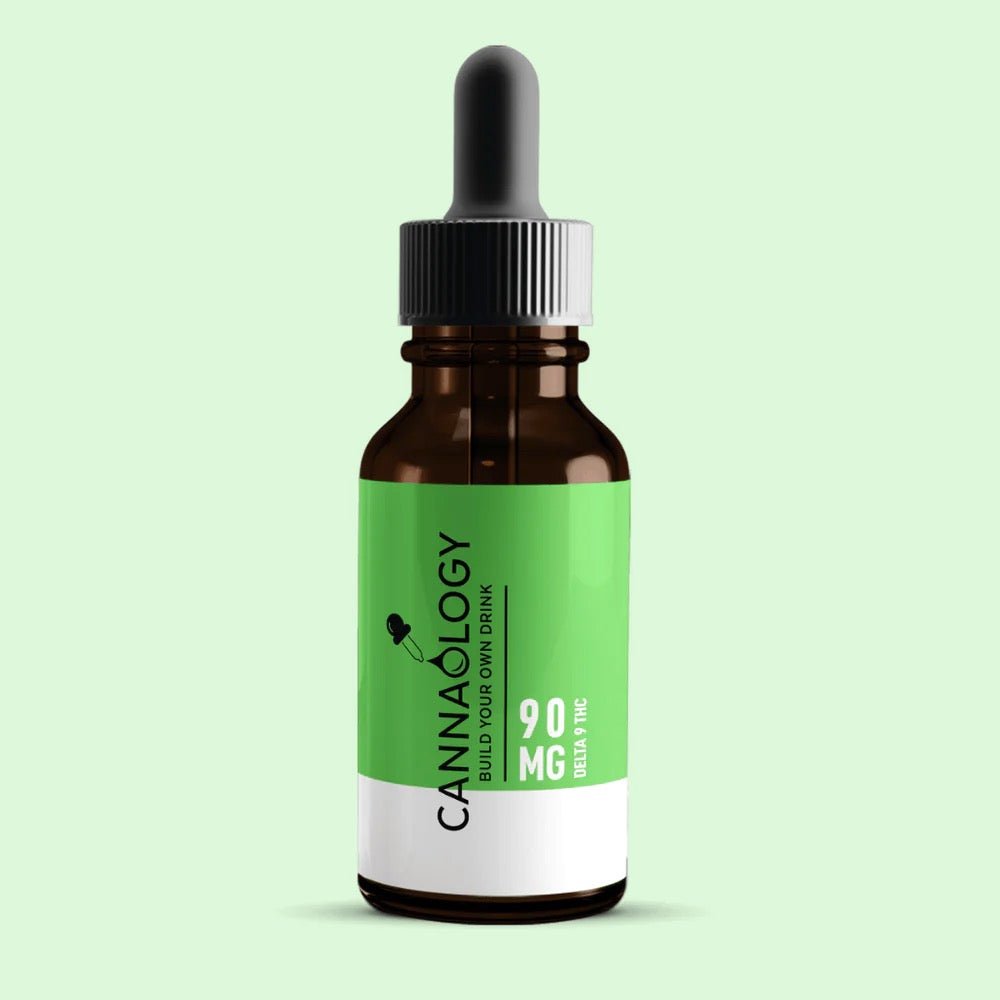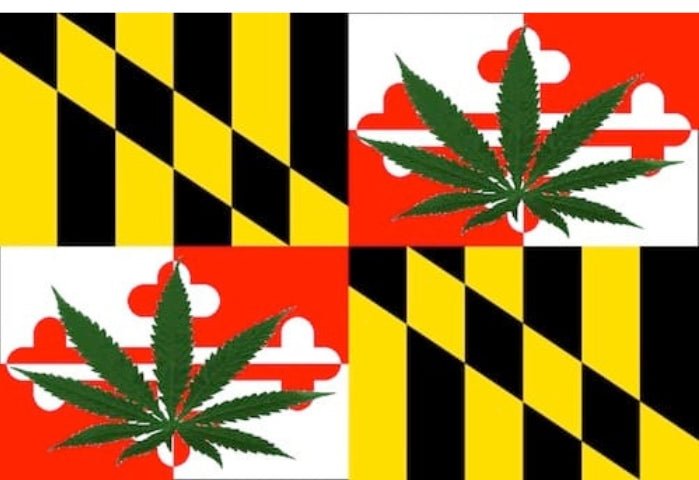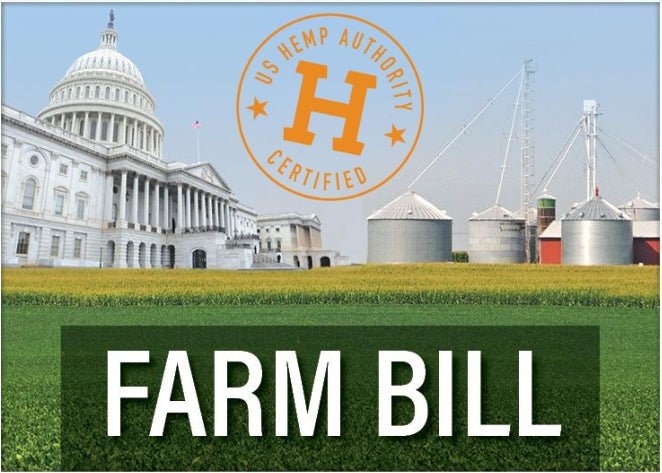A new law, which went into effect July 1, aims to restrict the proliferation of the predominantly misunderstood and enigmatic cannabinoids.

It is not exactly a business-friendly environment for many hemp cultivators, manufacturers, and retail establishments in the state of Virginia lately. With the passage of a new set of measures designed to throttle the spread of hemp-derived variants, most notably delta-8 THC, state officials are now enthusiastically going after companies making and selling products containing the somewhat notorious ingredients.
According to multiple media outlets, the Virginia Department of Agriculture and Consumer Services (VDACS) recently sent warning letters to businesses caught selling items that were not compliant. The letters were sent on July 24 to five separate entities, with penalties ranging from $13,000 to $97,500.
As part of the civil penalty structure under the new measure, which took effect July 1, business owners can pay a reduced fine of $10,000 if they agree to comply with the new set of regulations and meet other conditions. However, if they do not, and "if the same violations are cited in a future inspection, the assessed civil penalties will increase," VDACS said in the letters.
To date, VDACS' largest fine was sent to a company called Tobacco Discount, located in Gate City, VA. According to agency records, from 36 out-of-compliance products identified by inspectors, 27 contained a concentration of intoxicating THC levels above the 0.3% legal threshold. Other items targeted by the investigators contained synthetically-derived forms of THC or had packaging that strongly resembled popular snack and candy brands. Most of the tested products were gummies and cereal bars containing delta-8 THC.
The actions on the part of state officials come as no surprise to the frustrated and disappointed hemp industry advocates in Virginia, who lobbied hard against the restrictive statutes during the last state assembly legislative session. One of those ardent voices of opposition is Jason Amatucci, president of the Virginia Hemp Coalition.
Following the issuance of the warning letters by VDACS, Amatucci told the Virginia Mercury, "This is just going way over the top, as we warned everyone. They're fining people, and they're being very aggressive about it."
"This is just going way over the top, as we warned everyone. They're fining people, and they're being very aggressive about it."
- Jason Amatucci, president of the Virginia Hemp Coalition
The aggressive nature and abrasive attitude exhibited through the letters are also potentially detrimental to the future of the Virginia hemp industry, pushing some businesses to pack up and leave Virginia for a more welcoming and hemp-friendly destination.
Redfern Market, a 10-employee hemp nursery and retail store in Caroline County, VA, is one of those companies contemplating a move. In an interview with Richmond Magazine, the market owner said, "I guess I'll have to go to North Carolina. We sell everything from dog treats to creams to gummies and chocolates. We have an array of products for different purposes, many for medicinal and wellness purposes, but 90% will have to be gone."
"I guess I'll have to go to North Carolina. We sell everything from dog treats to creams to gummies and chocolates. We have an array of products for different purposes, many for medicinal and wellness purposes, but 90% will have to be gone."
- Owner of the Redfern Market
For many industry observers and stakeholders, the attack on hemp is beyond perplexing. Virginia already operates a legal and regulated medical marijuana program. Likewise, in 2020 it became the first state in the South to legalize adult-use cannabis. However, the efforts to establish a retail market stalled in 2021 when Democrats lost control of the General Assembly, and Gov. Youngkin refused to support its creation.
Youngkin has also gone on record to firmly endorse the new restrictive hemp regulations and VDACS' aggressive approach to enforcement. After signing the measure into law earlier this year, he said the revamped system "takes critical steps to strengthen consumer safety and regulations around edible and hemp-derived products as well as delta-8 THC products."
Unmoved by the governor's political grandstanding and predictable rhetoric, Amatucci accuses the General Assembly and Governor Glenn Youngkin's office of deliberately trying to destroy the fledgling hemp sector in Virginia. Amatucci said, "They are trying to scare us and shut the industry down. A lot of businesses are telling me that they've had enough; why operate in a state that treats you like trash?"
"They are trying to scare us and shut the industry down. A lot of businesses are telling me that they've had enough; why operate in a state that treats you like trash?"
- Jason Amatucci, president of the Virginia Hemp Coalition
One dim yet still flickering glimmer of hope for Amatucci and his fellow hemp advocates could rest in the hands of those lawmakers in Washington currently working on the 2023 version of the must-pass Farm Bill. The more infamous 2018 incarnation is the seminal piece of legislation that legalized hemp again for the first time in almost a century and, unfortunately, created the legacy of regulatory loopholes that many state governments, like Virginia's, must now confront.
The hope for many supporters is that Congress will add provisions to the bill to strengthen the ailing hemp sector while shoring up the health and safety guidelines governing outliers like delta-8 THC and other synthetic hemp derivatives. Until then, businesses like Redfern Market and Tobacco Discount must learn to comply or find a new location in a different, more hemp-loving state.







































